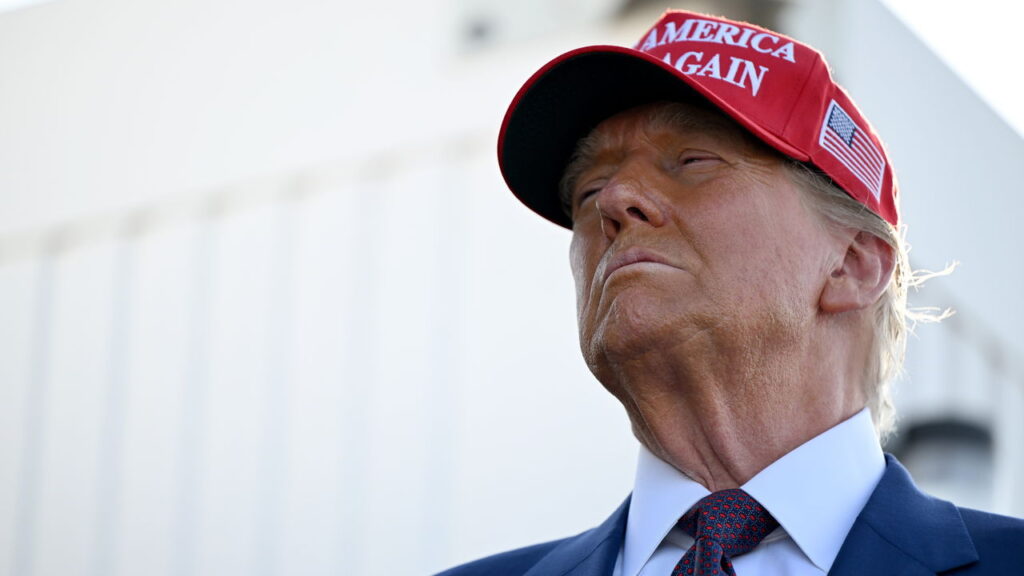On November 25th, 2024, Donald Trump, the president-elect, signaled a bold return to his aggressive trade policies that characterized his first term in office. He announced his intention to impose steep tariffs on goods entering the United States from Canada and Mexico, marking a 25% tax on these imports as soon as he officially takes office. This declaration reverberated throughout the financial markets, stirring reactions from investors and trading entities alike. Trump’s methods suggest he is prepared to continue prioritizing American economic interests over global trade relations.
Trump’s announcement doesn’t stop at North America; it extends further east to China, where he stated his plan to impose an additional 10% tariff on a variety of Chinese goods. This policy echoes the confrontational trade stance he took during his first presidency, which included a titanic trade war with Beijing that sparked tensions lasting until the very end of his term. As he approaches his inauguration day scheduled for January 20th, 2025, Trump’s early proclamations are already shaping the landscape of global trade and reflecting his intent to assert U.S. dominance on the international stage.
The timing of this announcement is crucial. With just two months before he assumes office, Trump demonstrates a strategic approach to creating a sense of urgency and unpredictability as he prepares to implement his economic agenda. Market analysts have noted that his aggressive trade policies are likely to influence stock prices, trade balances, and consumer behavior. Companies that rely on trade with these nations are bracing for potential disruptions and changes in pricing strategies, while investors are closely watching how these plans might materialize once enacted.
Moreover, Trump’s unwavering position on tariffs could provoke retaliatory measures from Canada, Mexico, and China. The risks of a renewed trade war could lead to higher prices for consumers in the United States, particularly for goods that are imported regularly. Retailers and manufacturers, who depend on affordable foreign products, may face heightened operational costs. This scenario raises questions about how Trump’s policies will ultimately impact the everyday consumer and the broader U.S. economy.
The ramifications also extend into the realm of international relations. Trump’s administration had previously fostered a complicated relationship with many trading partners, and reintroducing these tariffs could strain diplomatic ties further. Canada and Mexico, integral members of the United States-Mexico-Canada Agreement (USMCA), might feel threatened by such unilateral steps, potentially causing them to reconsider their trading relationships with the United States. Similarly, China would likely retaliate, as history suggests that countries under tariff impositions often resort to counter-tariffs, leading to an escalating cycle of economic confrontation.
As businessmen and trade experts analyze the possibilities of Trump’s upcoming policies, a sense of uncertainty blankets the economic environment. Businesses are evaluating their supply chains, pricing strategies, and even considering where to source their goods in anticipation of tariff-related price increases. Import-export firms, small businesses reliant on cross-border trade, and industries sensitive to tariffs, like automotive and agriculture, are particularly uneasy about what this bold declaration could mean for their livelihoods.
In conclusion, Donald Trump’s recent promise to impose tariffs on goods from Canada, Mexico, and China showcases a significant pivot in American trade policy. With significant implications for the economy, international relations, and everyday consumers, Trump’s aggressive posturing could set the stage for a tumultuous economic landscape as he prepares to reclaim the White House. The interconnectedness of global trade demands careful navigation in the face of such sweeping changes, underscoring the vital importance of diplomatic relationships alongside economic strategies in an increasingly complex world.



